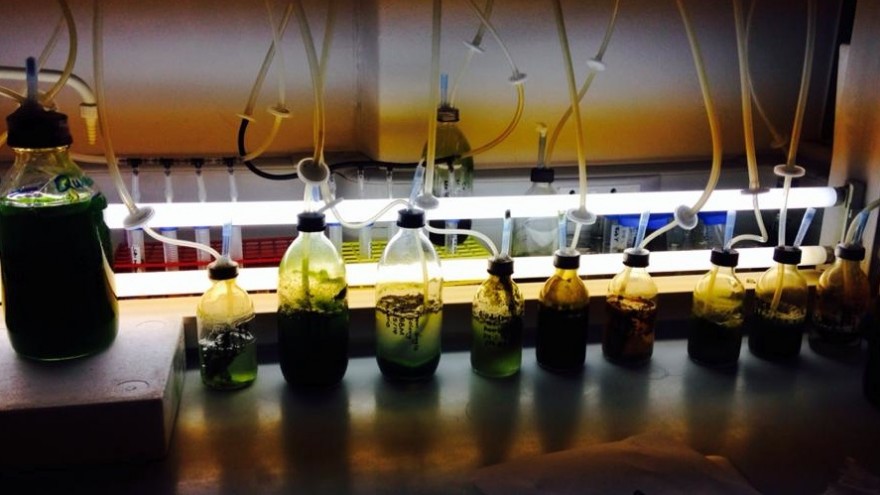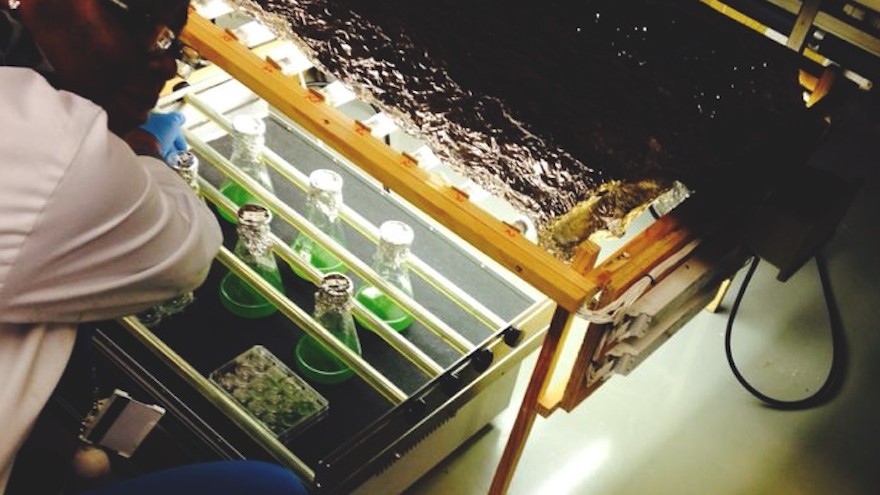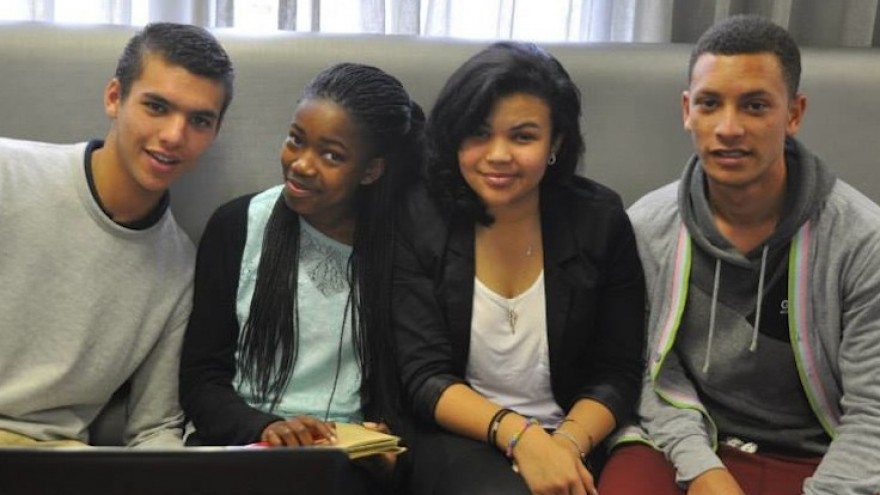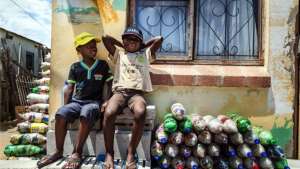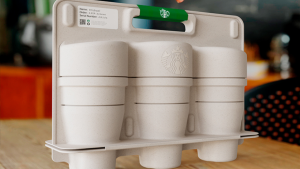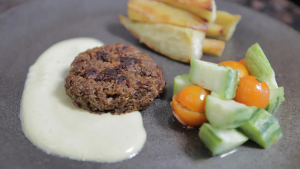From the Series
Nutrient-rich spirulina, a form of algae, is commonly used to help treat illness and has been touted as a sustainable way to combat world hunger. Now a group of teenagers from Cape Town has come up with an appetising way to incorporate it into the everyday diets of impoverished people.
The project, Paragon Protein, was selected as the overall winner among eight finalists in the 2014 InnovateSA competition. Co-founded by Grant Bridgeman and Stefan Louw, Innovate South Africa provides mentoring, support and training to encourage entrepreneurship and innovation among local youth. They run programmes such as Code4CT, a three-week holiday programme to teach young girls computer coding skills.
The InnovateSA competition calls on pupils to come up with answers to problems faced by their own communities.Competition criteria include that entries must be original, creative and innovative enough to make a significant improvement on any previous attempts at solving the same problem. They can’t rely only on a well of great research either; presentation is equally as important as information. Teams have to ensure that their idea is clearly imparted and easily understood by the judges.
The Paragon Protein group (formerly called Spiruteens) from the Cape Academy of Maths, Science and Technology – including members Ijaaz Sayed, Bonolo Matjila, Zene Merton, Rori Philips and Abdul Muhaymein Salaam – astounded the judges with their solution to malnutrition.
The Paragon Protein team set themselves the difficult task of finding an affordable food supplement that people would also want to consume. It had to be appetising. The resourceful team eventually developed a range of low-cost products such as smoothies, salad dressings and a sandwich filling that include Spirulina.
The Paragon Protein team was set apart from the other finalists in terms of the way that they addressed a pertinent need: child malnutrition, says Louw.
The winning team receives R10 000 in prize money and support from InnovateSA to implement its proposal.
Since their win, the schoolchildren have sold their Spirulina products to fund an extension of their project called Spirucation which is aimed at educating communities on the benefits of Spirulina and teaching them how to grow it themselves.
“Paragon Protein has made excellent progress in terms of actually making and selling their products as well as teaching two schools how to grow their own Spirulina,” says Louw.
They have ambitious goals of creating a network of Spirulina growers spread throughout Cape Town, South Africa and, eventually, the rest of the world.
Louw’s pride in the pupils is not unwarranted, as they seem to already be on the right track to combating hunger. In November 2014, team member Bonolo Matjila and Leyroy Mwasaru, a student from Innovate Kenya, flew to California to present their winning projects at the Techonomy 2014 Conference.
“Ultimately InnovateSA’s goals for all our students is for them to identify themselves as innovators, be empowered to practically solve challenges and inspire others to do the same,” says Louw.

